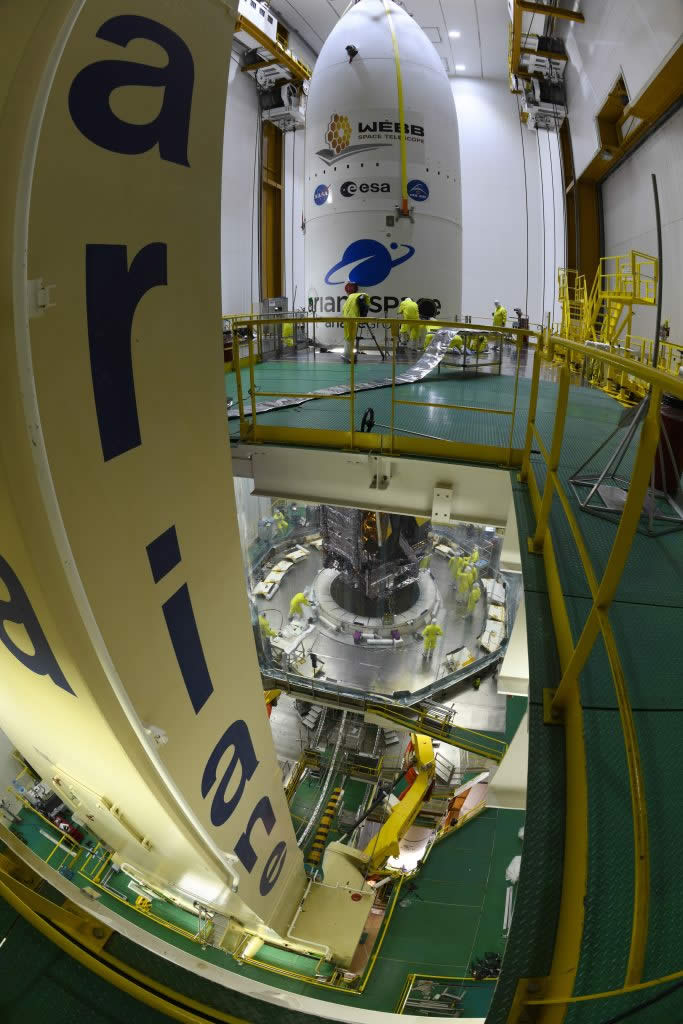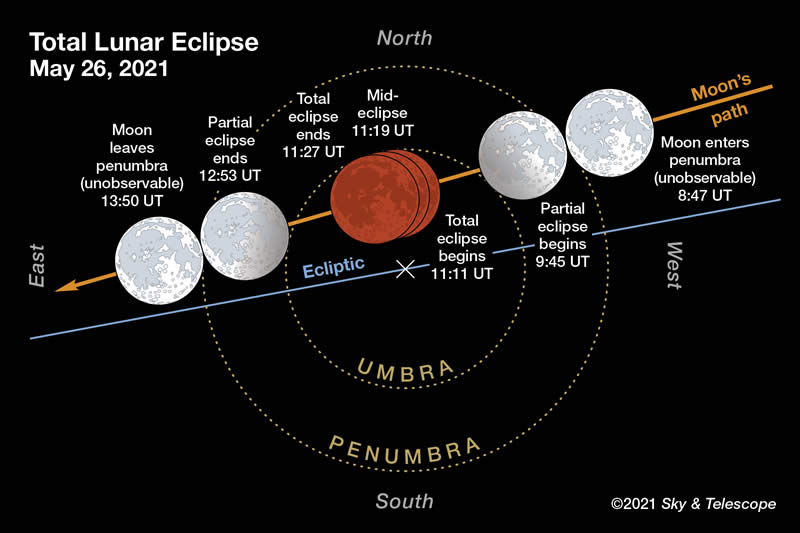WASHINGTON–(ENEWSPF)–May 31, 2013. In preparation for a future where parts and tools can be printed on demand in space, NASA and Made in Space Inc. of Mountain View, Calif., have joined to launch equipment for the first 3-D microgravity printing experiment to the International Space Station.
If successful, the 3-D Printing in Zero G Experiment (3-D Print) will be the first device to manufacture parts in space. 3-D Print will use extrusion additive manufacturing, which builds objects, layer by layer, out of polymers and other materials. The 3-D Print hardware is scheduled to be certified and ready for launch to the space station next year.
“As NASA ventures further into space, whether redirecting an asteroid or sending humans to Mars, we’ll need transformative technology to reduce cargo weight and volume,” NASA Administrator Charles Bolden said during a recent tour of the agency’s Ames Research Center at Moffett Field, Calif. “In the future, perhaps astronauts will be able to print the tools or components they need while in space.”
NASA is a government leader in 3-D printing for engineering applications. The technology holds tremendous potential for future space exploration. One day, 3-D printing may allow an entire spacecraft to be manufactured in space, eliminating design constraints caused by the challenges and mass constraints of launching from Earth. This same technology may help revolutionize American manufacturing and benefit U.S. industries.
“The president’s Advanced Manufacturing Initiative cites additive manufacturing, or ‘3-D printing,’ as one of the key technologies that will keep U.S. companies competitive and maintain world leadership in our new global technology economy,” said Michael Gazarik, NASA’s associate administrator for space technology in Washington. “We’re taking that technology to new heights, by working with Made in Space to test 3-D printing aboard the space station. Taking advantage of our orbiting national laboratory, we’ll be able to test new manufacturing techniques that benefit our astronauts and America’s technology development pipeline.”
In addition to manufacturing spacecraft designs in orbit, 3-D printers also could work with robotic systems to create tools and habitats needed for human missions to Mars and other planetary destinations. Housing and laboratories could be fabricated by robots using printed building blocks that take advantage of in-situ resources, such as soil or minerals. Astronauts on long-duration space missions also could print and recycle tools as they are needed, saving mass, volume and resources.
“The 3-D Print experiment with NASA is a step towards the future,” said Aaron Kemmer, CEO of Made in Space. “The ability to 3-D print parts and tools on demand greatly increases the reliability and safety of space missions while also dropping the cost by orders of magnitude. The first printers will start by building test items, such as computer component boards, and will then build a broad range of parts, such as tools and science equipment.”
Made in Space previously partnered with NASA through the agency’s Flight Opportunities Program to test its prototype 3-D Print additive manufacturing equipment on suborbital simulated microgravity flights. NASA’s Flight Opportunities Program offers businesses and researchers the ability to fly new technologies to the edge of space and back for testing before launching them into the harsh space environment.
For this mission, Made in Space was awarded a Phase III small business innovation and research contract from NASA’s Marshall Space Flight Center in Huntsville, Ala. After flight certification, NASA plans to ship 3-D Print to the space station aboard an American commercial resupply mission. NASA is working with American industry to develop commercially-provided U.S. spacecraft and launch vehicles for delivery of cargo — and eventually crew — to the International Space Station.
For more information about Made in Space, visit: http://www.madeinspace.us
NASA’s Space Technology Mission Directorate leads the agency’s participation in the president’s National Network for Manufacturing Innovation. The directorate’s Game Changing Development program leads the agency’s efforts in 3-D printing. For more information about the directorate, which is innovating, developing, testing and flying hardware for use in NASA’s future missions, visit: http://www.nasa.gov/spacetech
Source: nasa.gov








